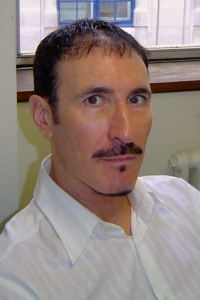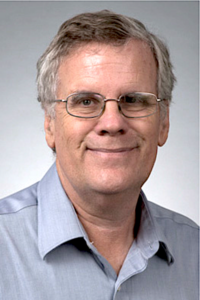WHO WE ARE

Michael Storper
Professor Michael Storper’s research and teaching interests fall into five, closely linked, areas: Economic geography, meaning the forces that affect the ways the economy organizes itself in geographical space. These forces are many and sundry, ranging from technology, industry structure and market structure, to institutions, effects of history, and policies. A core problem for me is the long-standing tension between the geographical concentration of activity and specialization of regional and national economies and the spreading out of activity into wider geographical spaces, both of which are occurring in the current wave of globalization. Globalization, meaning the ever-increasing geographical scale of economic processes, and some of the associated processes of change in the scale at which management of firms, markets, and institutions operate.
“When I think of global public affairs, an image comes to mind. It is of Spanish ships sailing into Manila harbor in the 1580s, where they meet the merchant boats from Fujian in China. Why this image? What the Spanish most wanted was access to Chinese luxury goods. They had stumbled across the New World looking for a maritime route to Asia. Then they stumbled on silver in Bolivia, which they figured they could use to pay for Chinese goods. The Emperor of China didn’t want more Europeans on Chinese soil, so Manila was the key trading post that knitted together this globe-spanning system of trade, conquest, exploitation, city-building, transport, and inter-culturality. It replaced the thousand-year old global trade highway, the Silk Road. We are living through breathtaking new global interactions today. They create risks, opportunities and potential tragedies, just like previous ones. Global public affairs is about learning how to understand and thereby become constructive, socially-conscious actors so as to better shape these processes." — Michael Storper

Stephen Commins
Stephen Commins works in areas of regional and international development, with an emphasis on service delivery and governance in fragile states. Currently, he is Strategy Manager, Fragile States, International Medical Corps, and coordinator for the Health and Fragile States Network. His recent work has included “testing the DFID state building” framework in Lao PDR and Cambodia, managing studies on disasters and safety nets for the World Bank in Bangladesh, a co-authored paper on participation, accountability and decentralization in Africa, and producing studies on health systems strengthening in fragile states for World Vision Canada and on sub-national fragility in India and Pakistan for the HLSP Institute. He is currently working on a long term study of livelihoods and post-conflict reconstruction in Pakistan, and the ‘new deal’ on aid for fragile and conflict affected states.
"Global Public Affairs @ UCLA Luskin strikes a balance between the ‘what’ of global issues through rigorous academic preparation and the ‘how’ of professional practice through fieldwork opportunities and mentoring." — Stephen Commins

